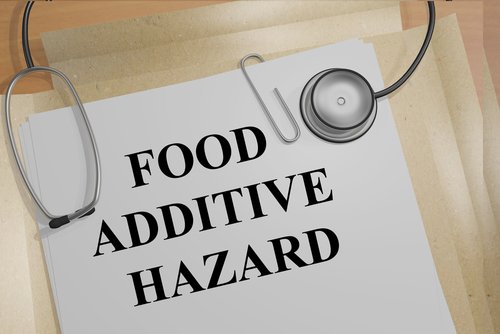The food additive titanium dioxide, found in chewing gum and marshmallows, can exacerbate inflammatory bowel disease, a study of mice with colitis indicates.
People with Crohn’s disease, ulcerative colitis and other bowel disorders should avoid food that may contain the compound, the Swiss research team said.
The study, “Titanium dioxide nanoparticles exacerbate DSS-induced colitis: role of the NLRP3 inflammasome,” was published in the journal Gut.
Pharmaceutical companies use titanium dioxide nanoparticles to give tablets their bright white color. But the compound is also used in cosmetics, toothpaste, and as a food additive.
Checking labels for the identification code E171 will tell you whether a product has it. Labels also indicate that it has been tested in healthy people and that is safe for the general public. The compound has never been tested in diseased people, however.
A University of Zurich team discovered that it can harm mice with inflammatory intestinal diseases.
They first discovered that titanium dioxide accumulated in the intestinal cells of mice who consumed it. They also found an accumulation in immune cells known as macrophages.
Another finding was that the accumulation was higher in mice with ulcerative colitis.
Together, the findings indicated that “these particles can be absorbed from food under certain disease conditions,” Gerhard Rogler, a professor of gastroenterology and hepatology at the University of Zurich, said in a news release. He was the senior author of the study.
The study’s most important finding was that titanium dioxide triggered inflammation by activating a protein complex called NLRP3.
In a normal setting, the gut activates NLRP3 when it senses the presence of bacteria or other potentially harmful intruders. With colitis, the gut is already inflamed. Titanium dioxide makes it worse, the researchers said.
Based on the findings, Rogler said, the team recommends that people with “intestinal inflammation avoid food that contain those nanoparticles.”
Studies are needed to see whether the findings hold true in humans with bowel disease, the researchers added.

